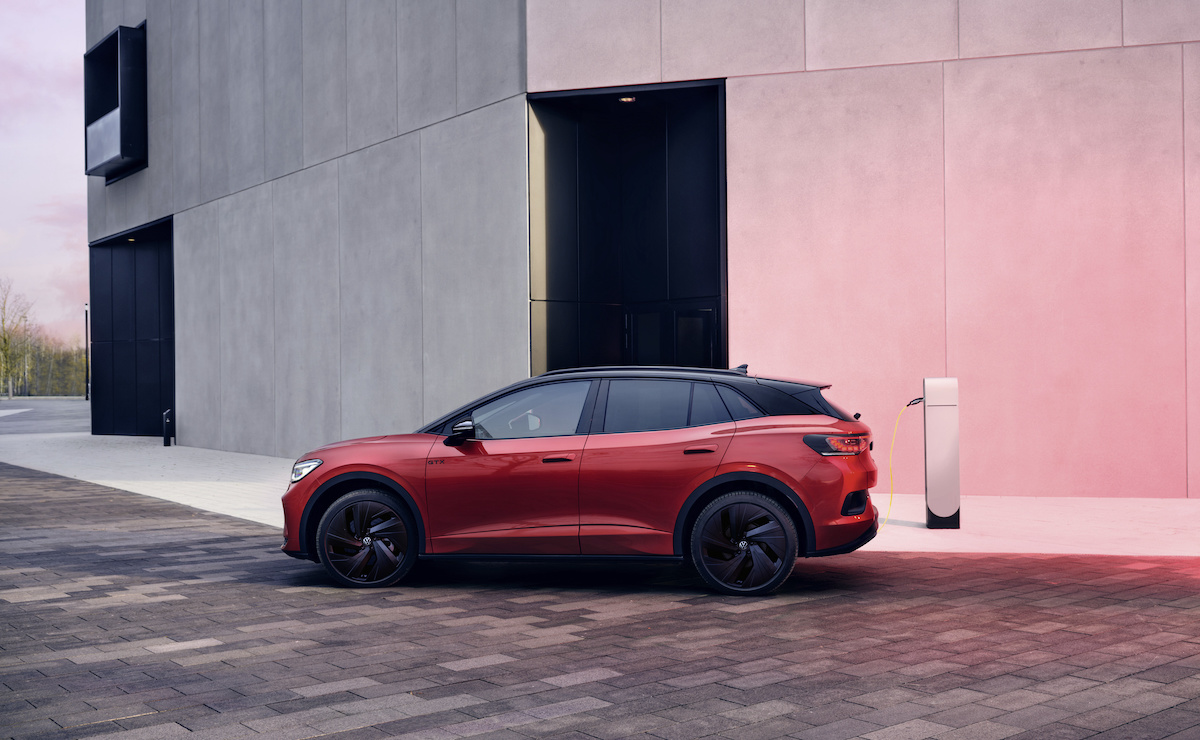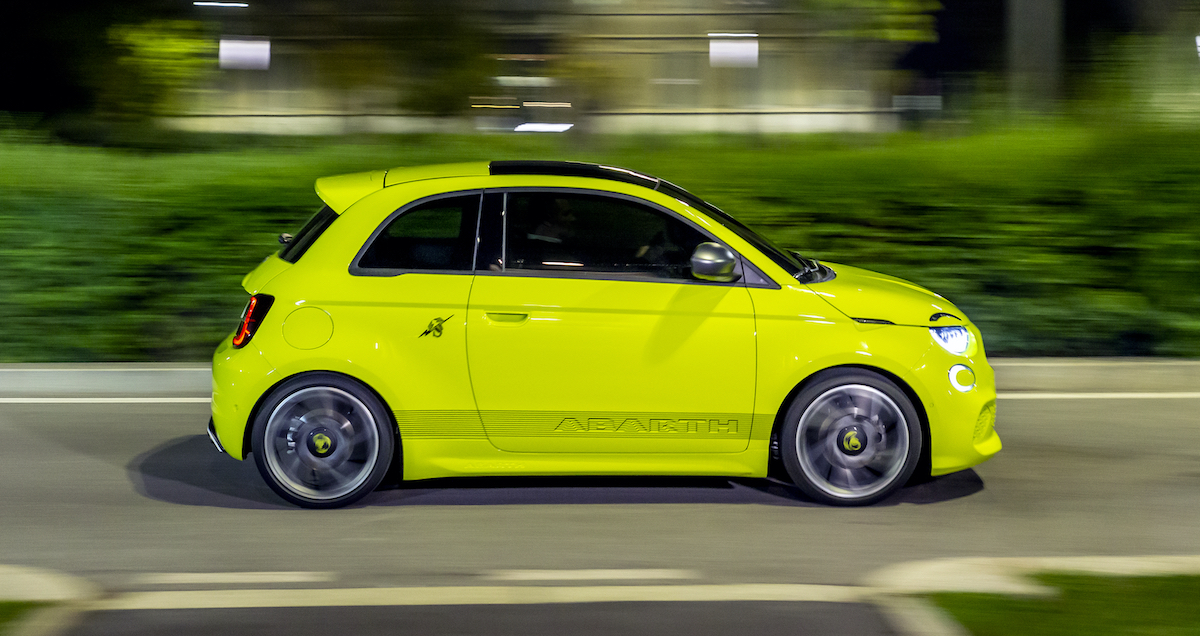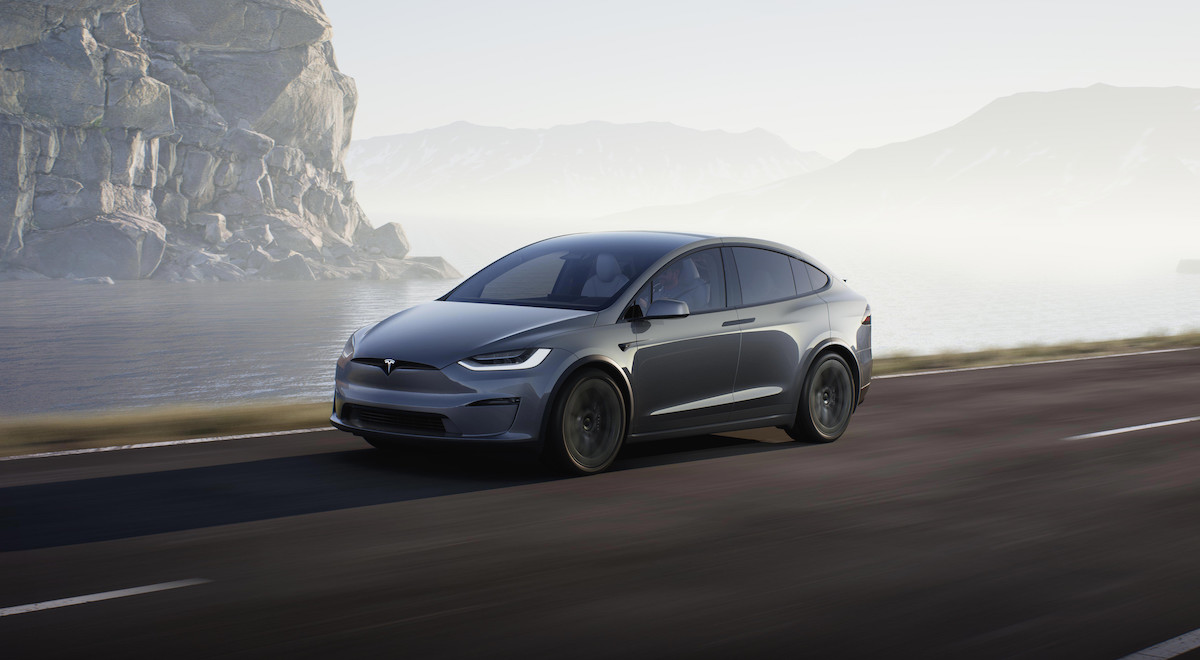Supporters of the EU policy argue that banning sales of carbon-emitting vehicles from 2035 is a crucial step in achieving Europe’s green transition and an indispensable part of meeting carbon-reduction goals. Opponents counter that European automakers are already grappling with weak demand, fierce competition from China, and disappointing electric vehicle sales. Under these pressures, they say, the 2035 ban would further burden the industry and potentially destabilize the entire market structure.

“We need a reality check, otherwise we are heading full speed into a wall,” said Källenius. He noted that if the ban goes ahead, consumers may rush to purchase gasoline and diesel cars ahead of time, creating market imbalances and triggering severe turmoil in the European auto sector. He warned that unless the policy is adjusted, Europe’s car market could even “collapse.”

Serving concurrently as president of the European Automobile Manufacturers’ Association (ACEA), Källenius did not deny the importance of decarbonization but called for a “technology-neutral” approach to advancing electrification. He urged European governments to encourage electric vehicle adoption through tax incentives and lower electricity prices at charging stations rather than relying solely on a regulatory ban to force the market to change direction. “We must decarbonize,” he stressed, “but we cannot lose sight of our economy.”

This policy debate underscores a major dilemma for Europe’s auto industry: on one hand, it must accelerate the energy transition to meet climate targets; on the other, it must safeguard industrial competitiveness. As the review period approaches, finding the right balance between environmental responsibility and economic reality will be a critical challenge for both automakers and policymakers.